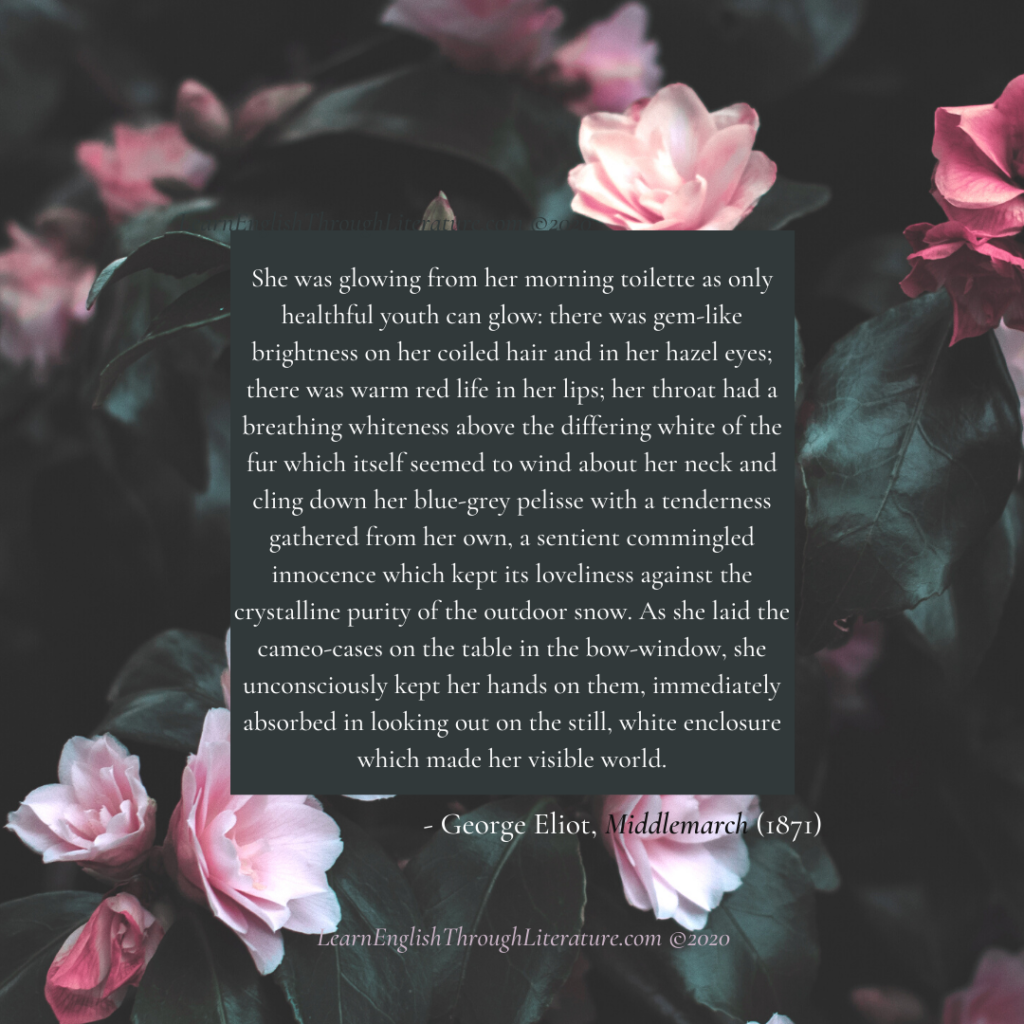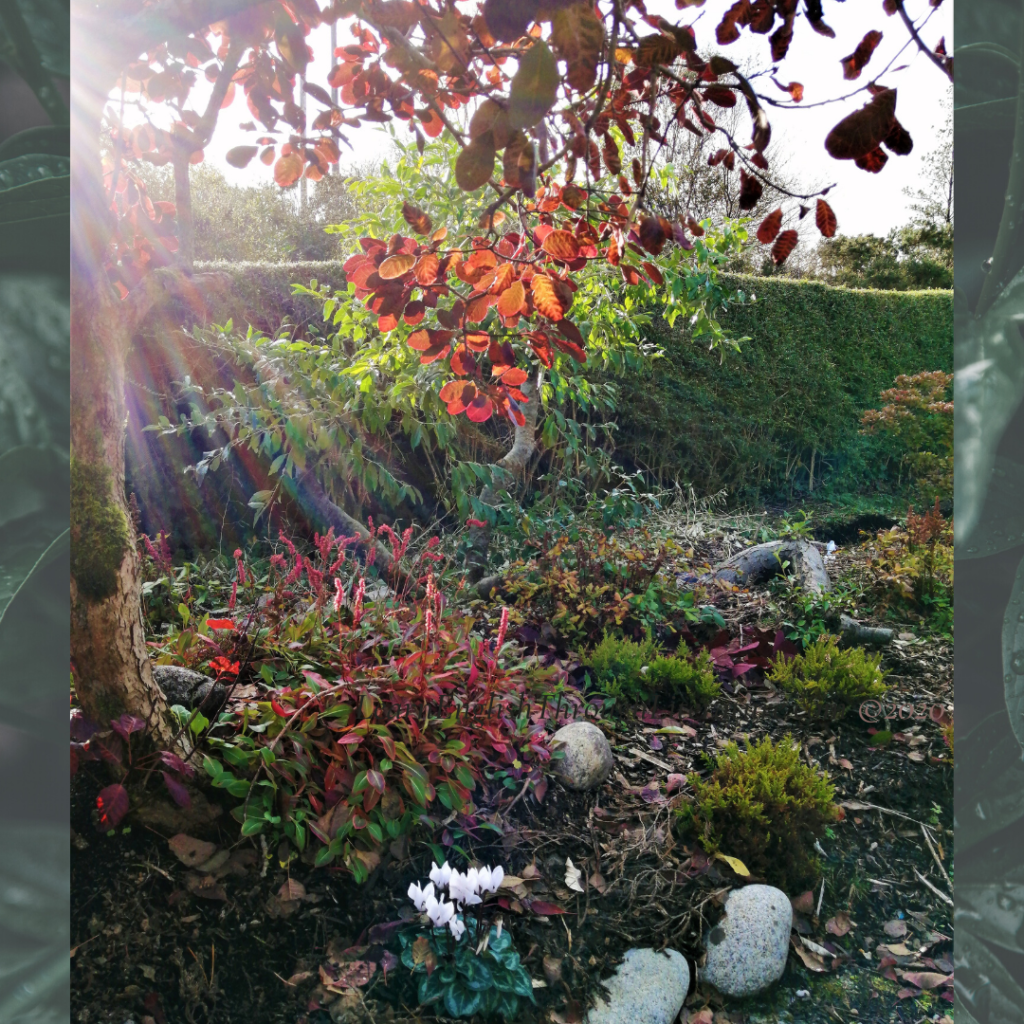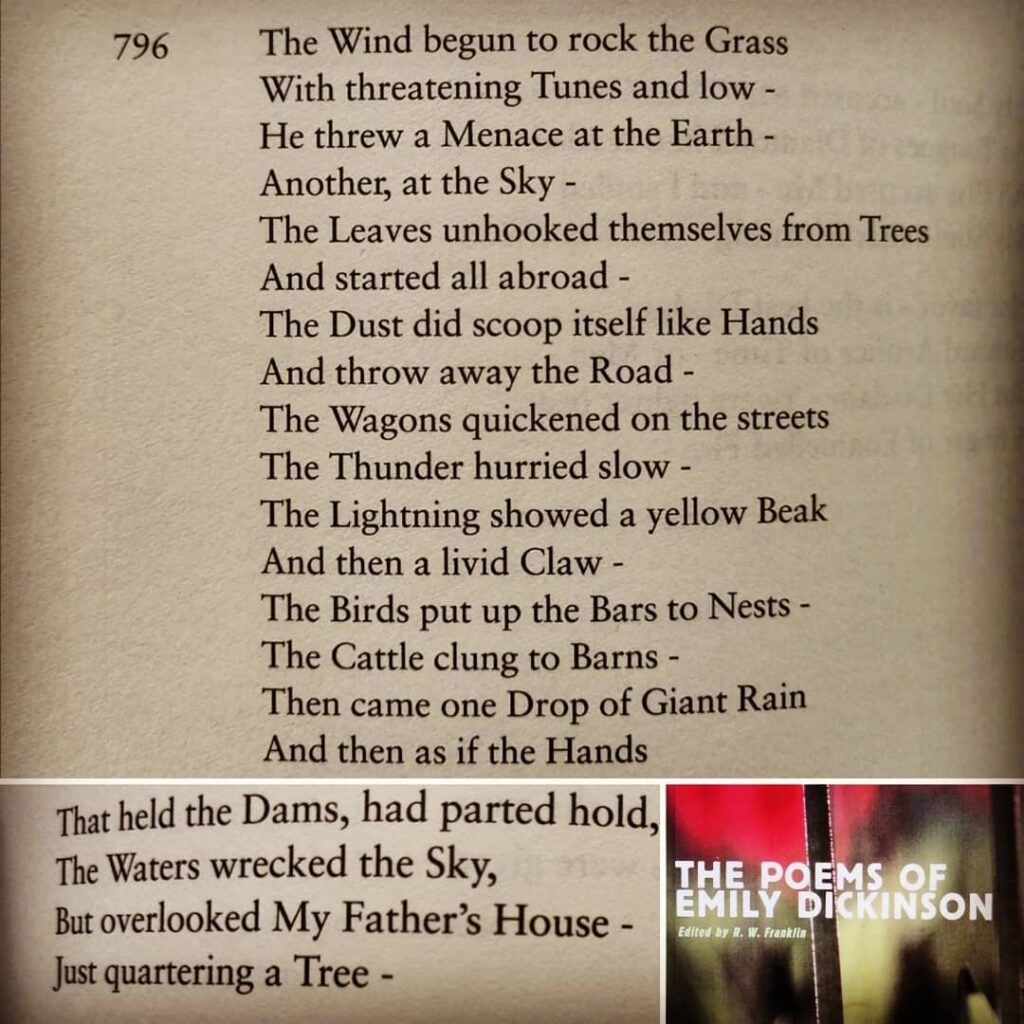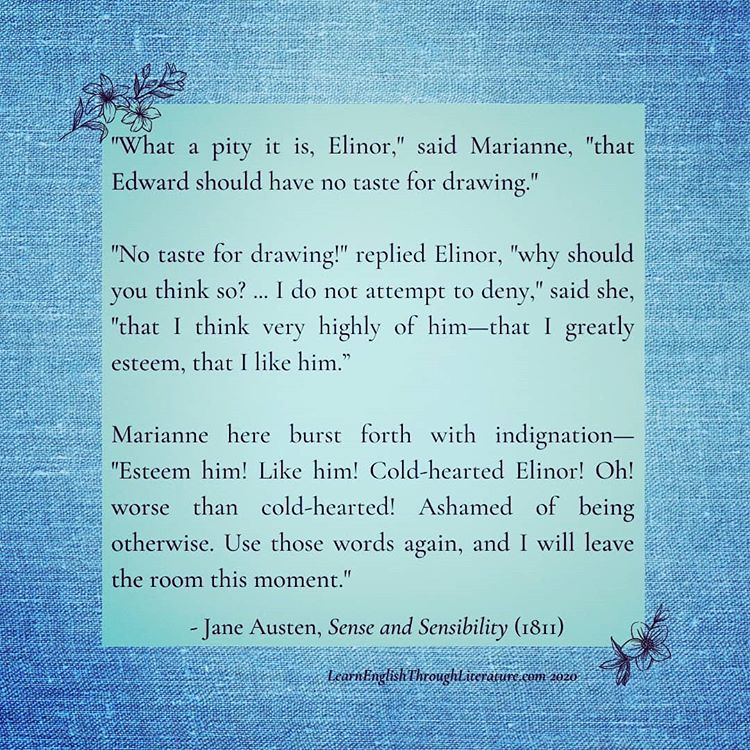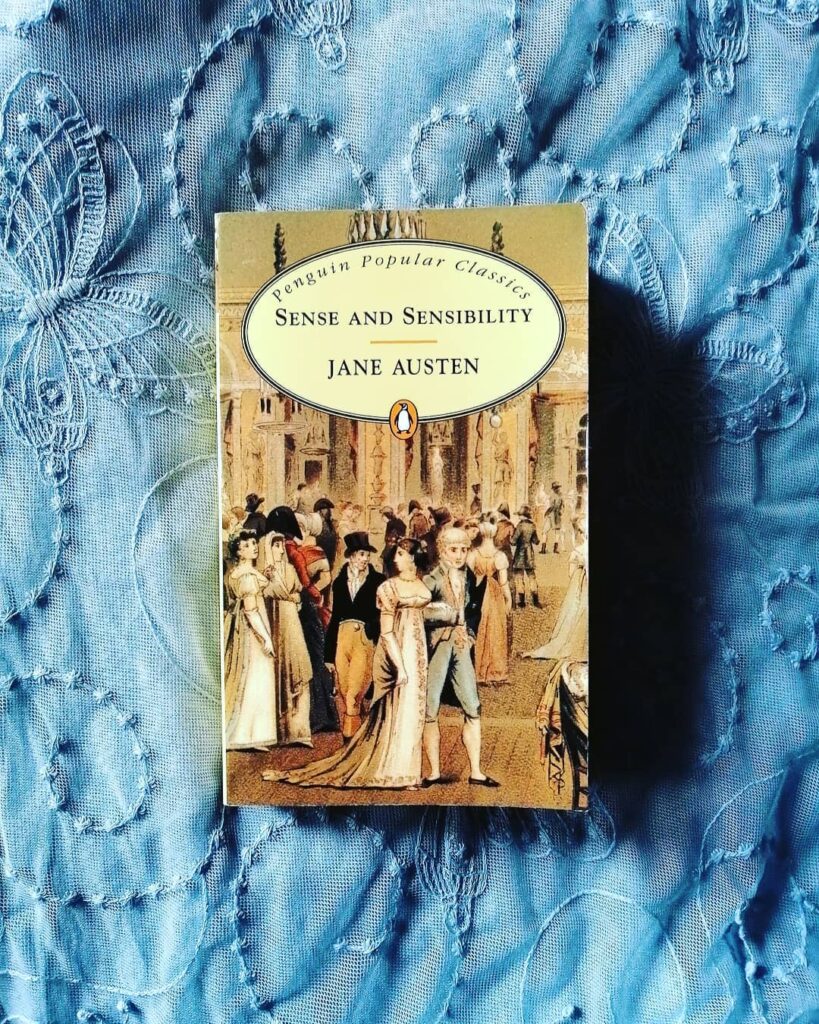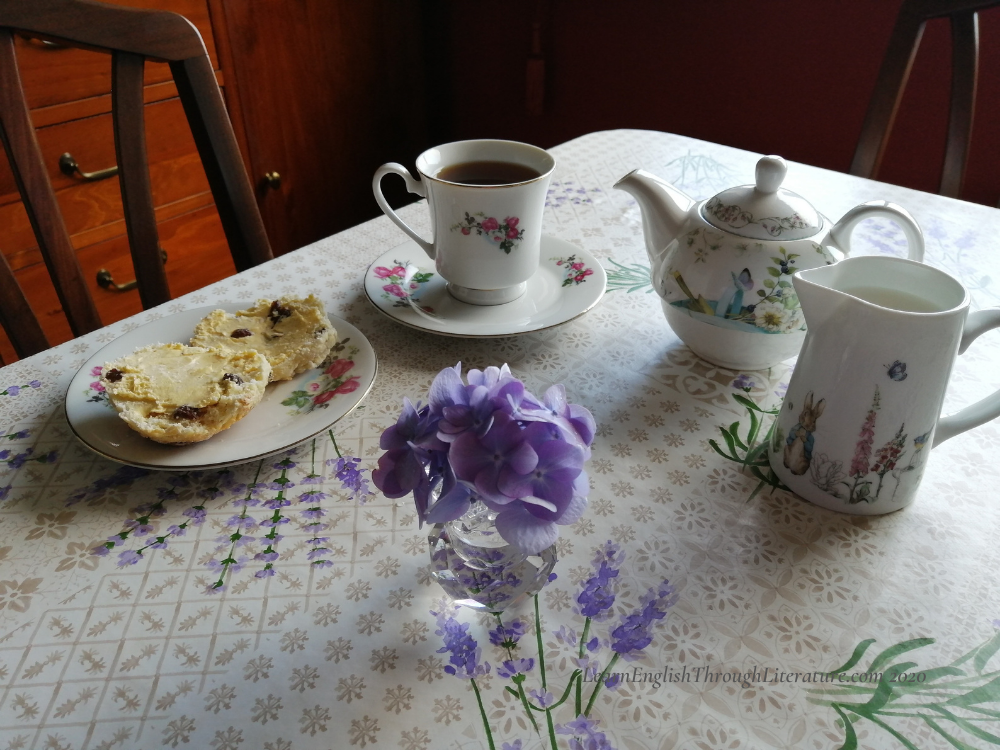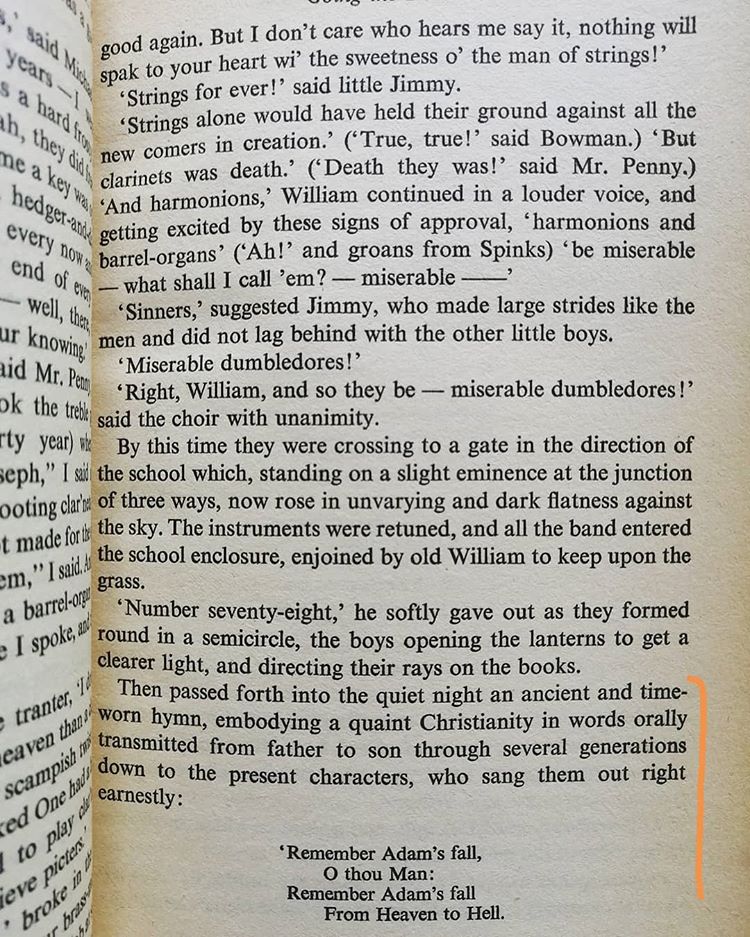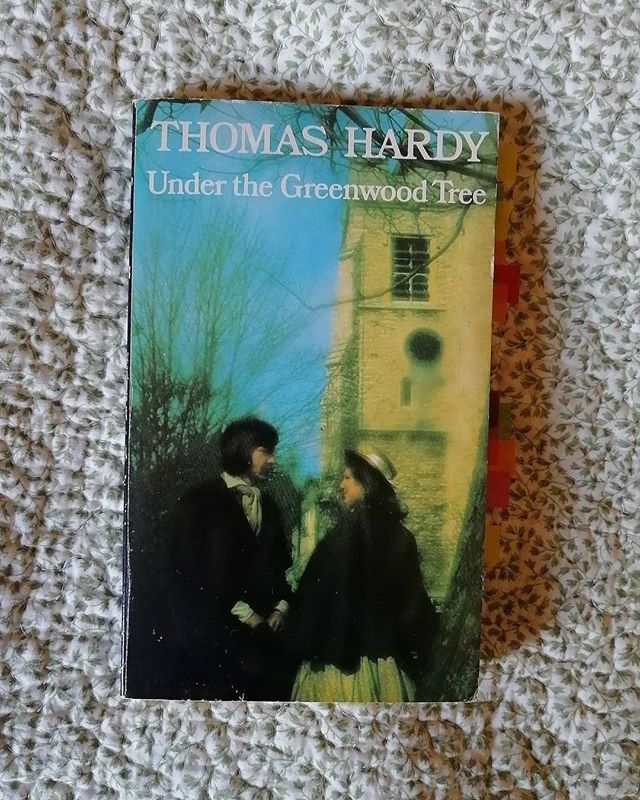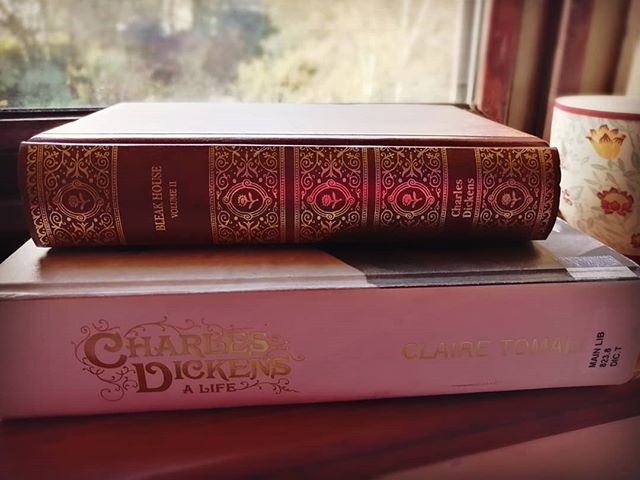Lesson #126: Mini-Lesson Monday (Part 2): Using Influential Adjectives in Written Texts
Having read through George Eliot’s Middlemarch passage in the last post, I will share some insights into how she (George Eliot was Mary Ann Evans’ pseudonym) used ADJECTIVES to achieve her purpose. A little bit of background: This passage describes Dorothea Brooke, a young woman who is newly married to a middle-aged scholar. In this passage, she has […]
Lesson #126: Mini-Lesson Monday (Part 2): Using Influential Adjectives in Written Texts Read More »

